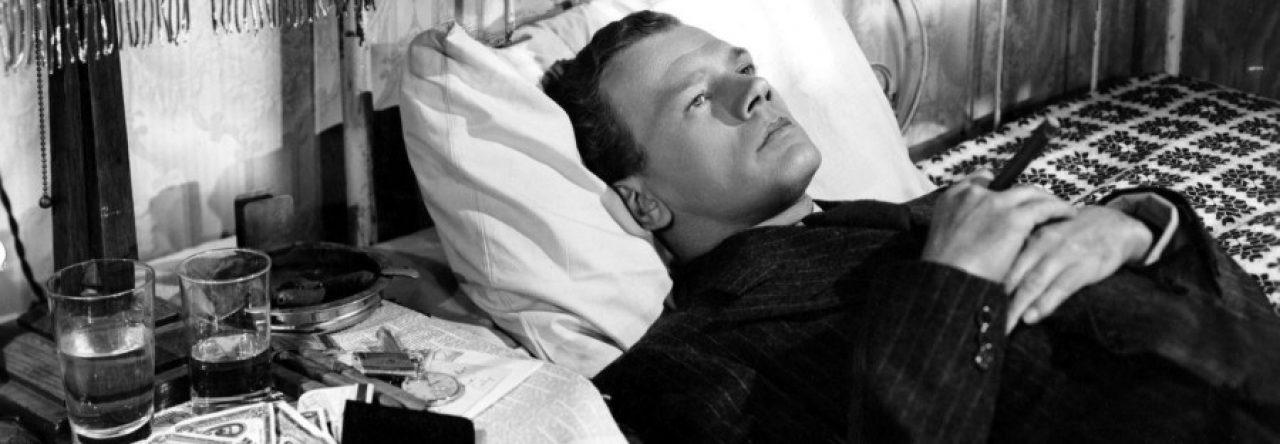Two quotes for class today:
“In a similar way, the framing devices of The Searchers announce Ford’s intention in this film to inquire into the mythic character and idealizations of the West, here not in a spirit of nostalgic celebration but rather one of literally searching examination. It is an inquiry that begins with Ethan Edwards and our acceptance of the image as it appears on the screen; we don’t begin to look again, to search that image, until Marty lets us know that this is precisely what he has begun to do at the beginning of the second act, which opens once again with the classic interior-exterior shot.” (182)
And
“The story of the American West has always had two contradictory aspects: pathfinding and settlement, and the virtues of westward expansion (which include rebellion, outlawry, non-conformity, self-reliance, and rugged individualism) are not necessarily the virtues of settlement, union, and nationhood (which require the values of tolerance, community, the rule of law, the acceptance of human equality, and, by extension, the acceptance of racial hybridity). At a discursive level, Ethan and Marty separately put into play these two generic understandings of the national story. Against the austerity of Ethan’s epic vision of heroic white individualism, manifest destiny, and the singular bloodline the film juxtaposes Marty’s skeptical chronicle of democratic civility, with its rituals of social cohesion and familial growth, its comic breadth and suspicion of the heroic, and its celebration of inter-racial relations. One is the story of taming the savagery without, the other of taming the savagery within, but one cannot cherry-pick the past, and the film recognizes that the latter cannot come to pass without the former.” (199)
–David Kelly, “Narrative and Narration in John Ford’s The Searchers,” Sydney Studies in English 36 (2010): 170-201.
